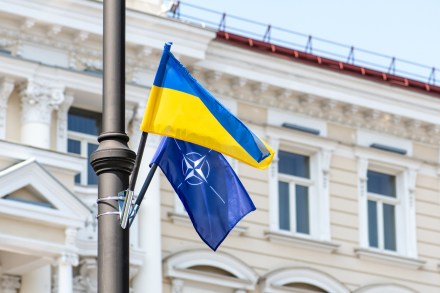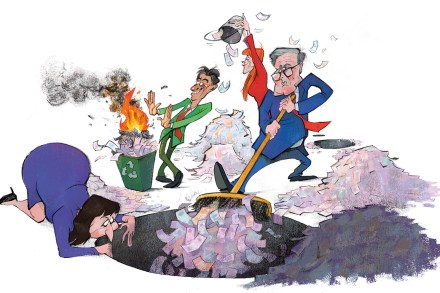Europe and the death of Nato
There has been no more effective and successful defensive alliance in history than Nato. The unity and determination of Nato’s members meant the Soviet Union understood that the doctrine of ‘Massive Retaliation’ was real: if they attacked, Nato would respond with nuclear weapons. The Soviet Union did not attack. But it is clear from events this week – and, in truth, has been clear for some years – that Nato is now effectively dead as a serious force for defence and deterrence, snuffed out by the myopia and weakness of the European political class. Russia’s invasions of Ukraine, first in 2014 and then in 2022, demonstrate how enfeebled deterrence has





















